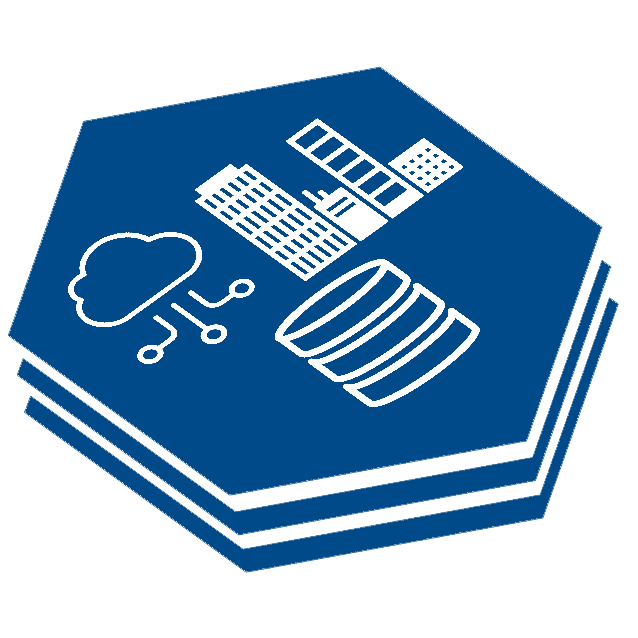
Urban Data Science
Third Workshop : Chennai, India, January 20-21, 2020 Second Workshop : Bangkok, Thailand, July 9-10, 2018 First Workshop : Rochester, NY, July 24-25, 2017Partners
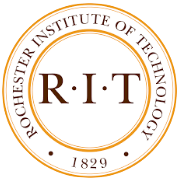
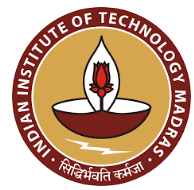
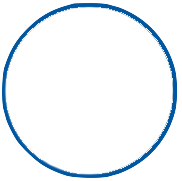

Partners



| Soundar Kumara | Penn State University |
| Manish Parashar | Rutgers University |
| M Ann Howard | Rochester Institute of Technology |
| Janakiram Dharanipragada | Indian Institute of Technology, Madras |
| Gopal S Pingali | IBM |
| Naveen Sharma | Rochester Institute of Technology |
The United Nations report on World Urbanization projects continuing growth in urbanization to add 2.5 billion people to the world’s urban population by 2050. Most economic transactions, resource consumption, services and goods exchanges, and innovation are clustered in cities thereby resulting in significant contributions to the national GDP. Megacities (10 million or more in population) and large cities (5 to 10 million in population) appear to benefit from this trend whereas mostly midsize and smaller urban areas appear to be experiencing population decline, reduced revenues, concentrated poverty, and higher demands for services. In parallel to the urbanization trend, nearly all cities of today are applying computing technologies in various forms to gain efficiency in their operations and the overall betterment of their citizens lives. ‘Smart cities’ is a term that has gained traction in academia, business and government to describe cities that, on the one hand, are increasingly composed of and monitored by ubiquitous computing and cloud computing, on the other, whose economy and governance is transforming is driven by data driven innovations and data science.
Smart City initiative is of global importance undertaken by several countries in both the developed and developing countries. Whether growing or shrinking, cities and metropolitan areas face challenges of infrastructure, public health, transportation, public safety, and environmental sustainability, to name but a few. Lessons learned from initial wave of open data movement point to the fact that potential of big data is yet to be fully harnessed. Extensive research is taking place in a wide range of relevant areas to address these emerging challenges (a shown below):

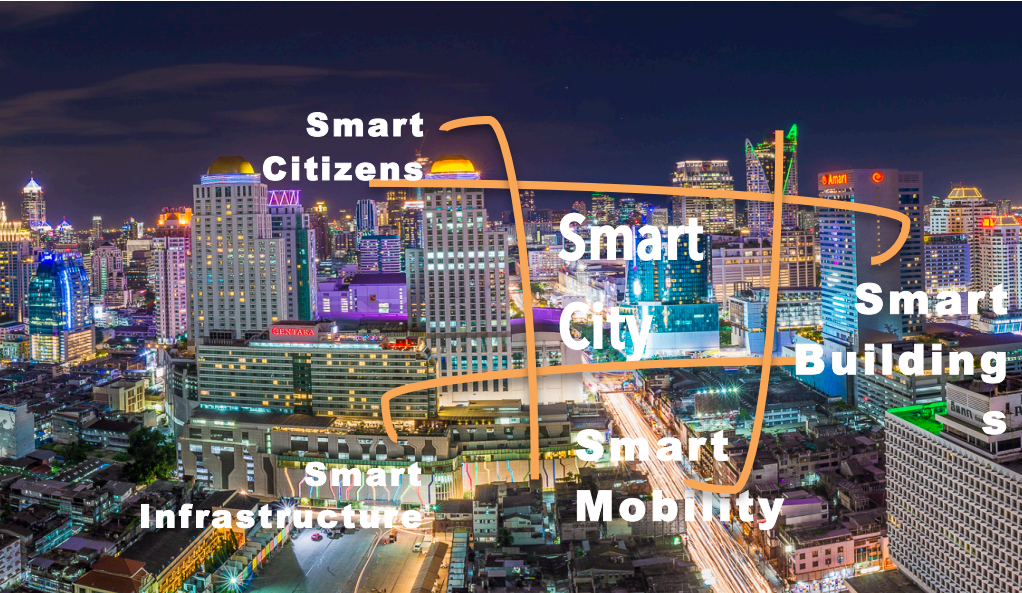
Urban Data Science (UDS) initiative brings together researchers, practitioners, and city leaders interested in addressing a number of research themes arising out of complex urban challenges and in building future smart cities. Cities and urban neighborhoods are dynamic and complex social systems. Key actors within the system – citizens, governments, service providers, and institutions – can play a critical role in urban transformation. The initiative aims to create an ecosystem comprising urban data, citizens, city leaders and policy makers, urban application developers, and commercial products to serve real community needs and that leads to sustainable change. The focus on mid-size cities is of particular interest, which we believe, have been largely left out from the smart city trend.
The UDS initiative entails, among other activities, creating forums – such as interdisciplinary workshops – for interactions and sharing of best practices amongst academia, cities, and businesses. The workshops are designed to draw experts in multiple disciplines to share cutting edge ideas that leverage data and computational intelligence to address urban challenges in new and interesting ways, discuss current and future urban challenges, share best practices and lessons-learned, and explore collaboration opportunities. Following the successful first workshop in 2017, the second Urban Data Science workshop is scheduled to take place in Bangkok, Thailand on July 9th-10th!!